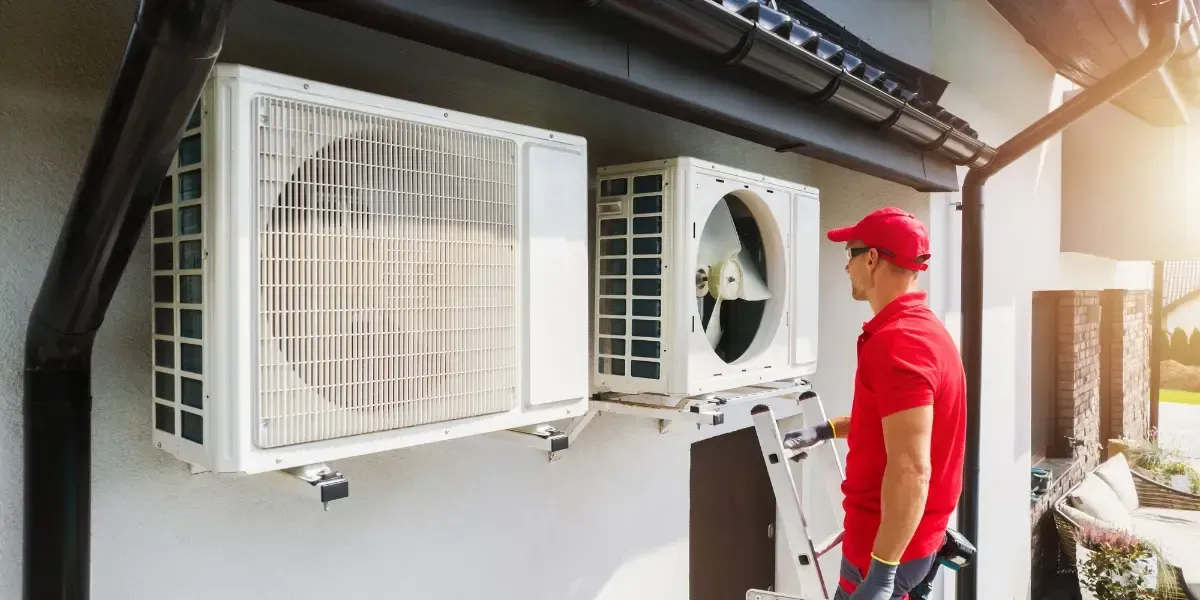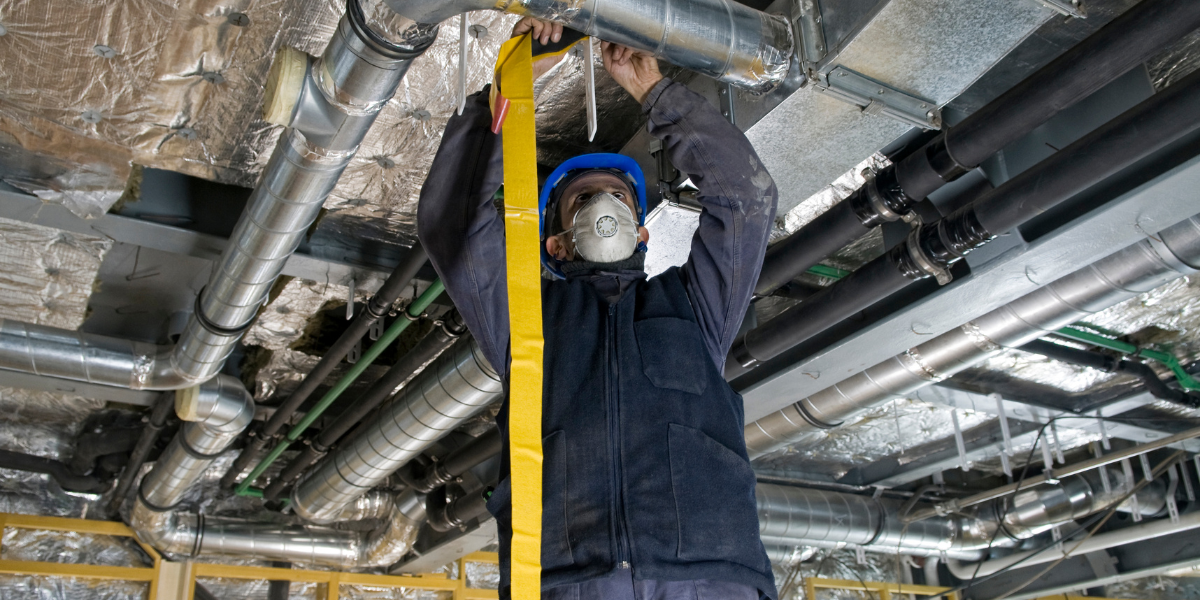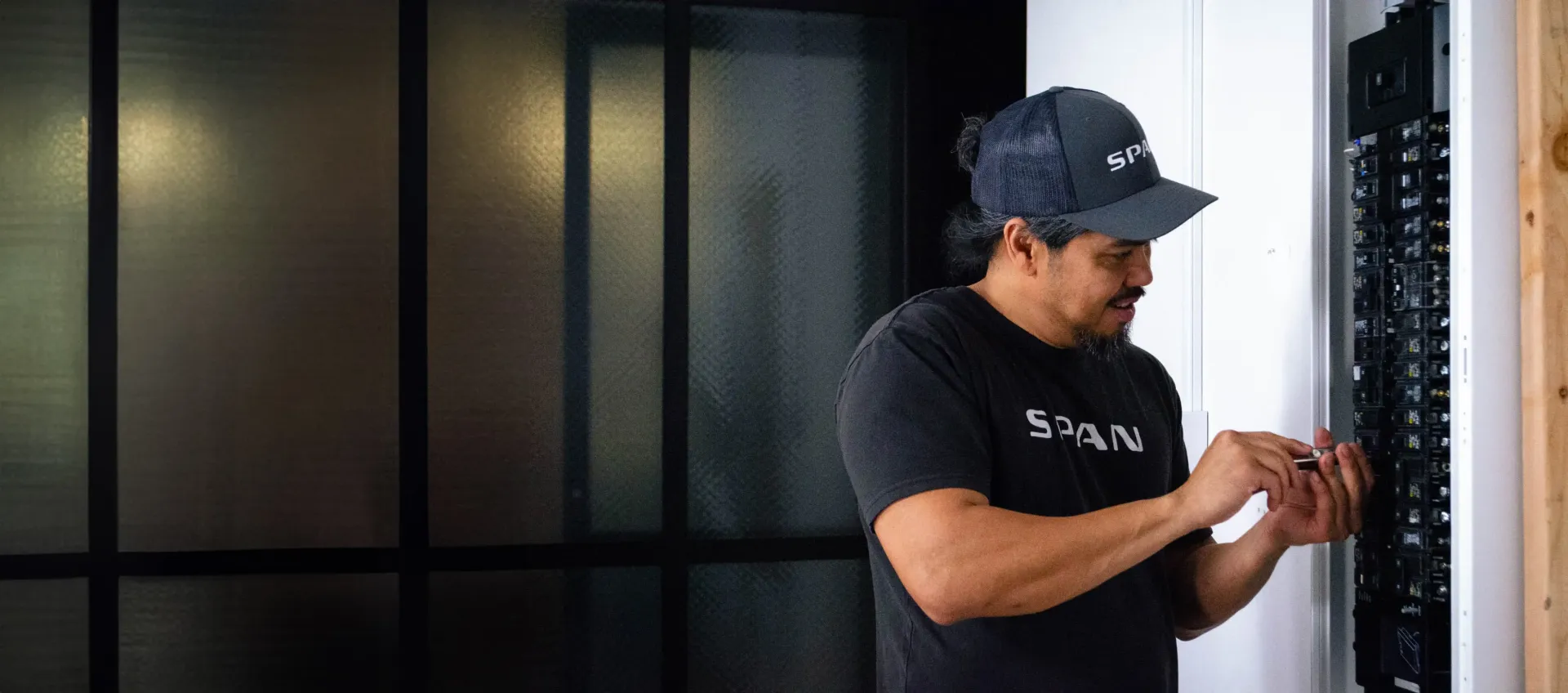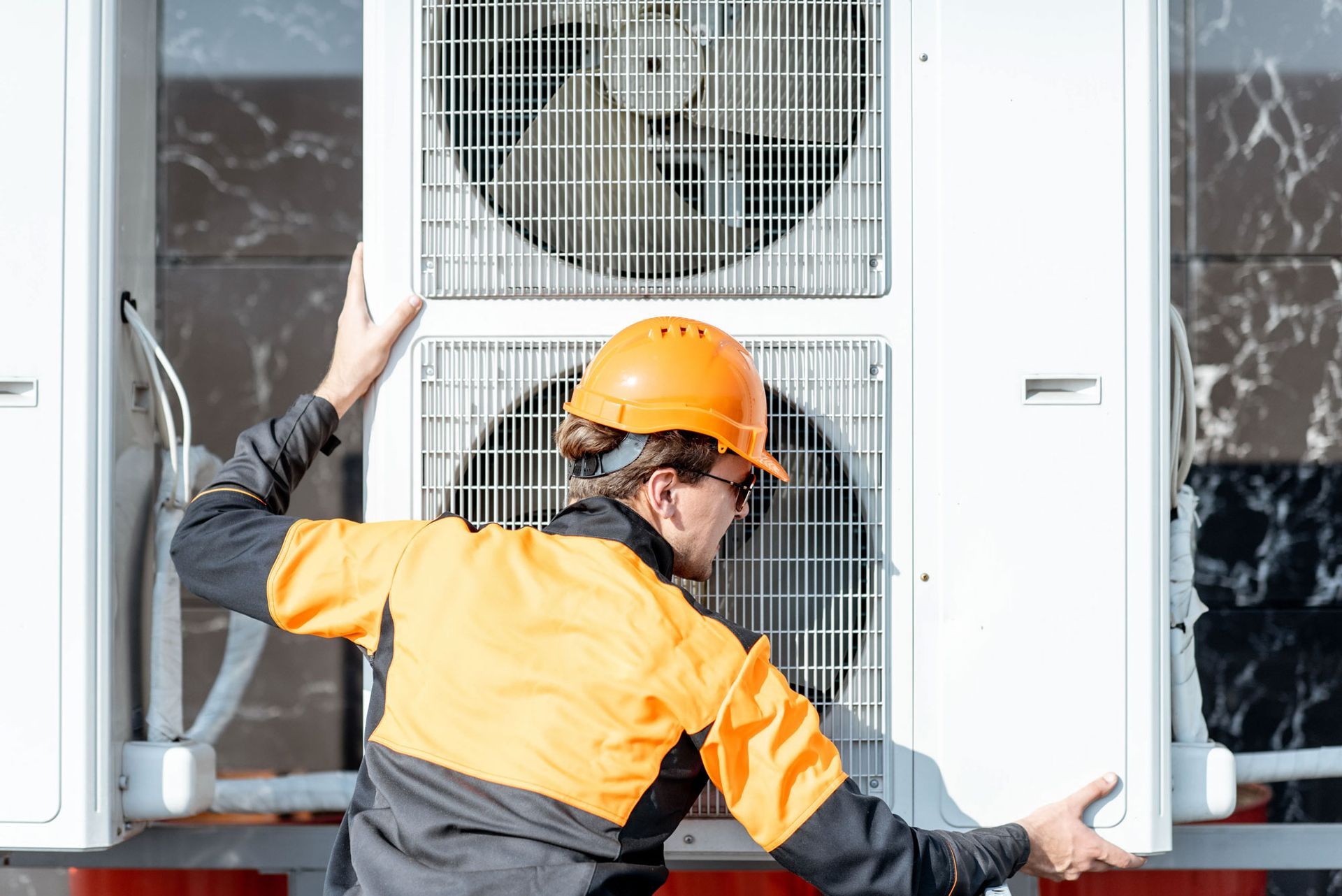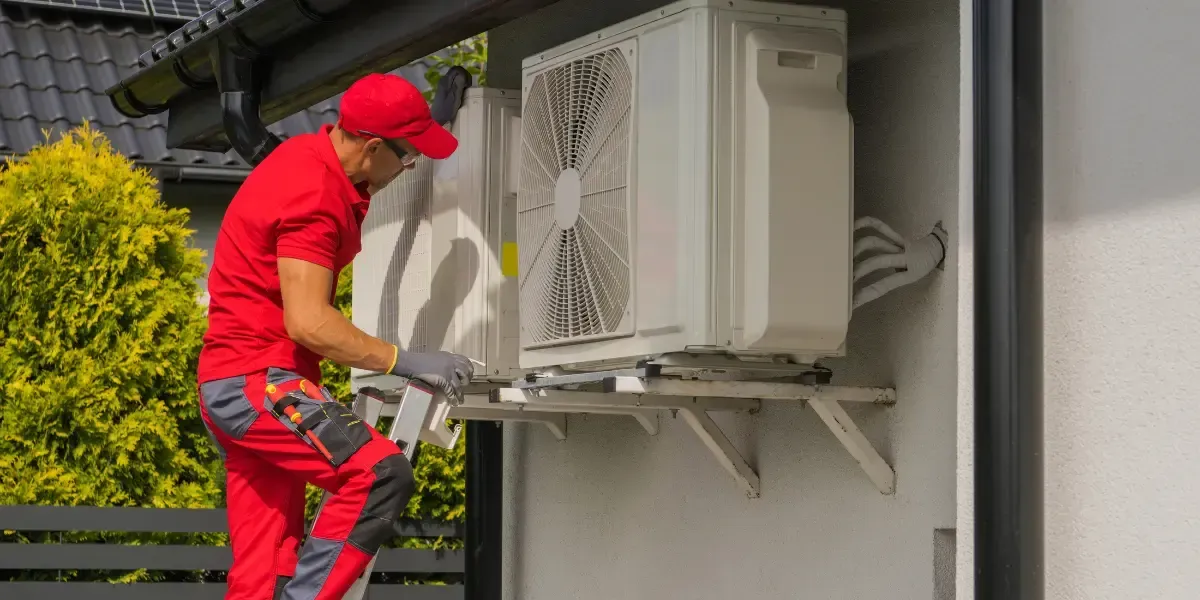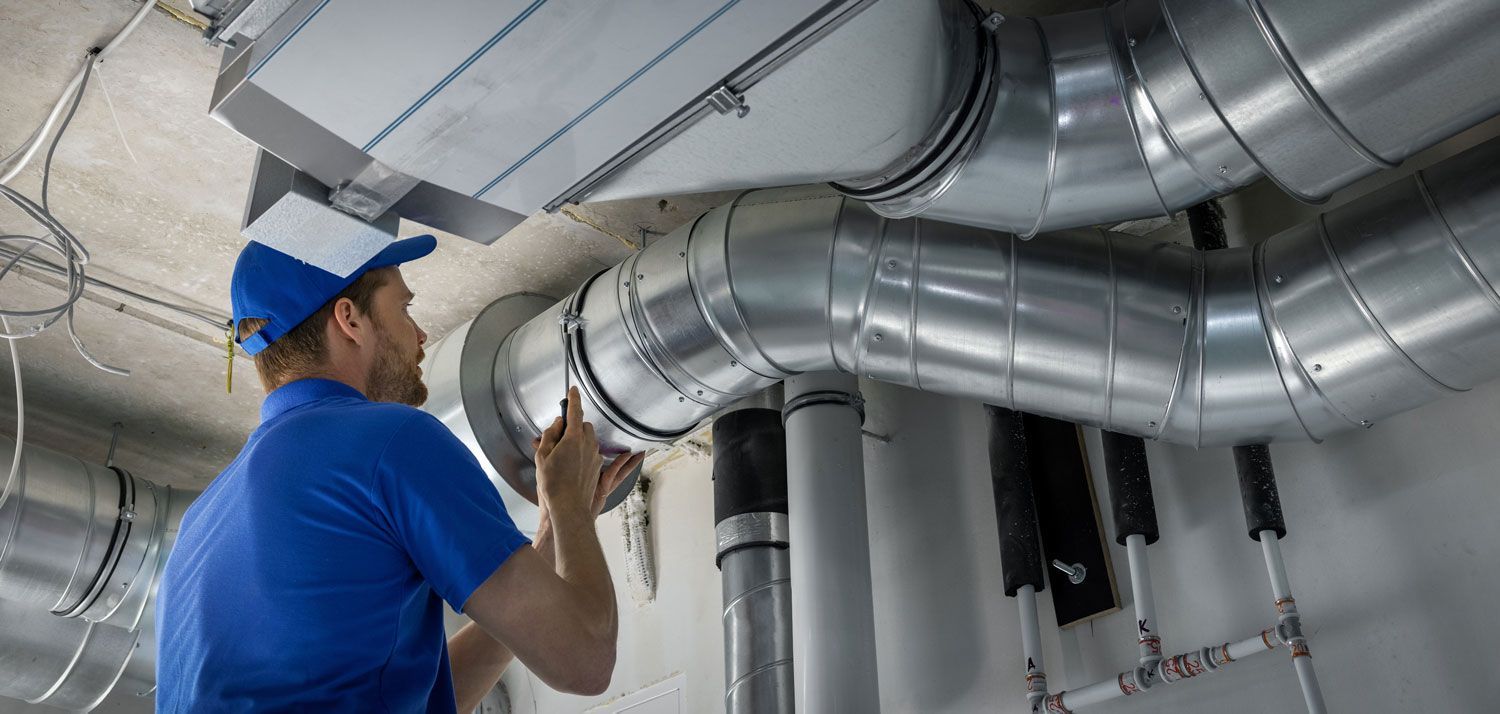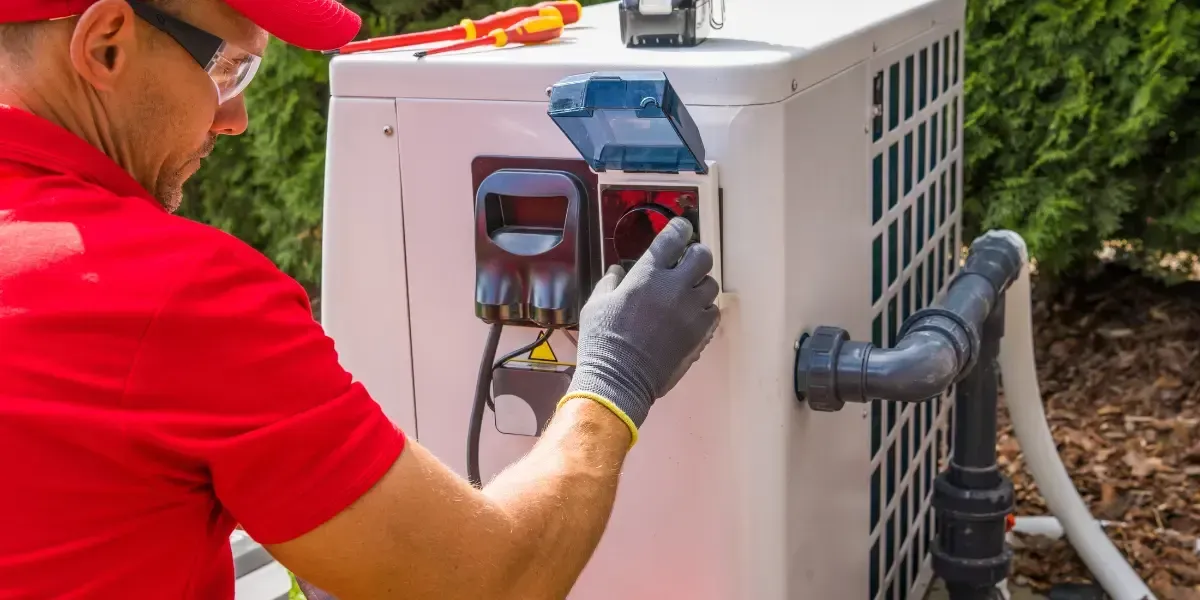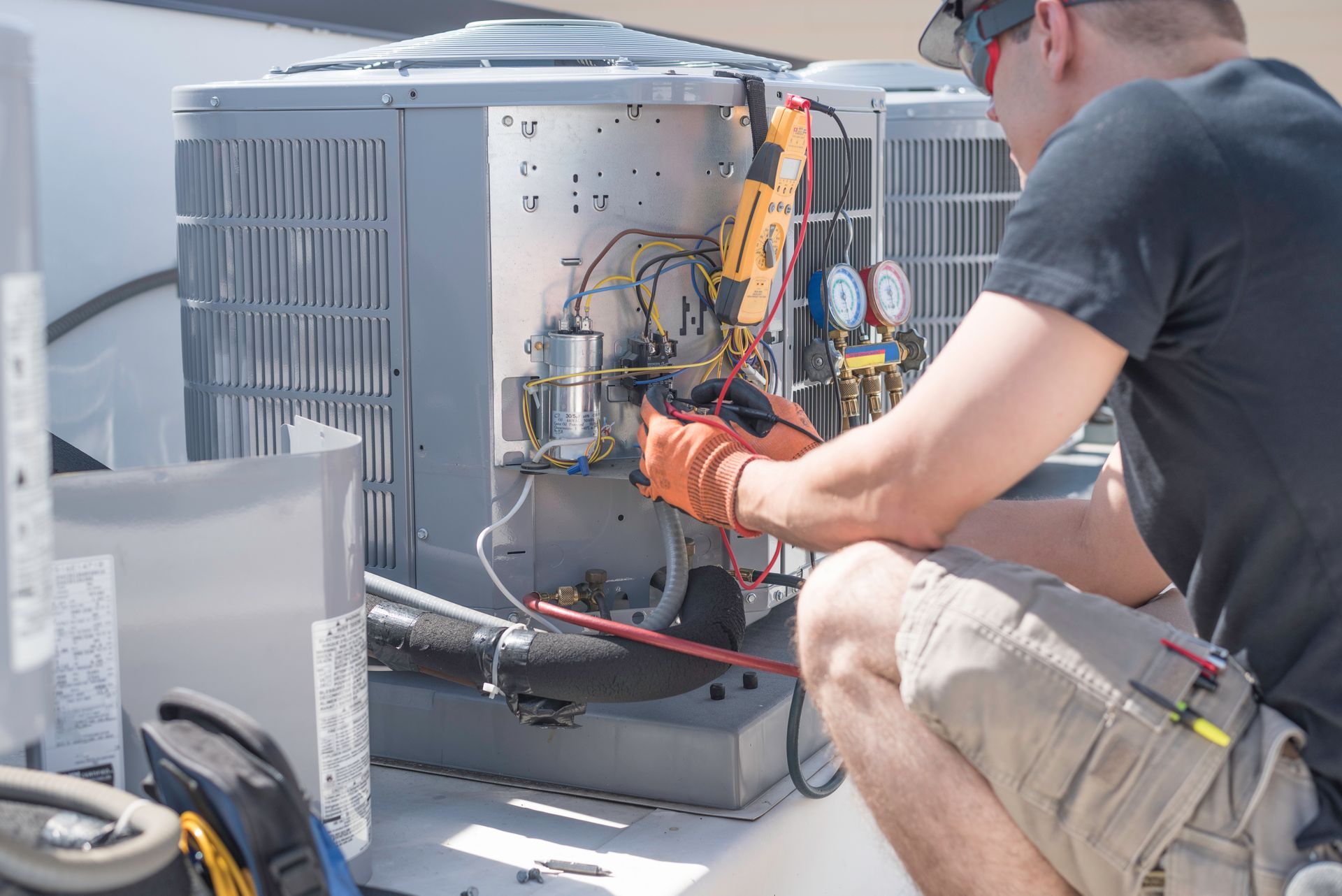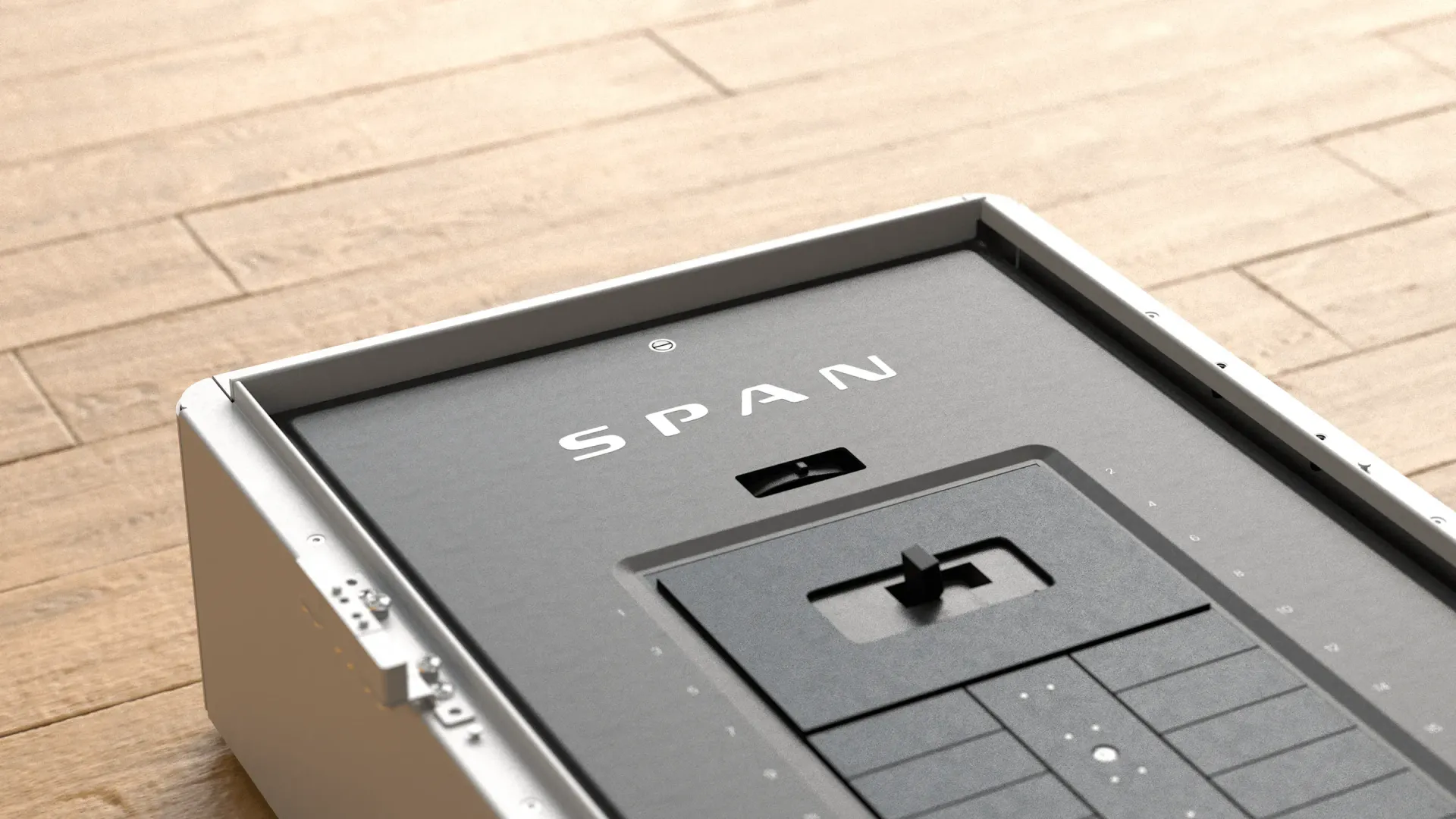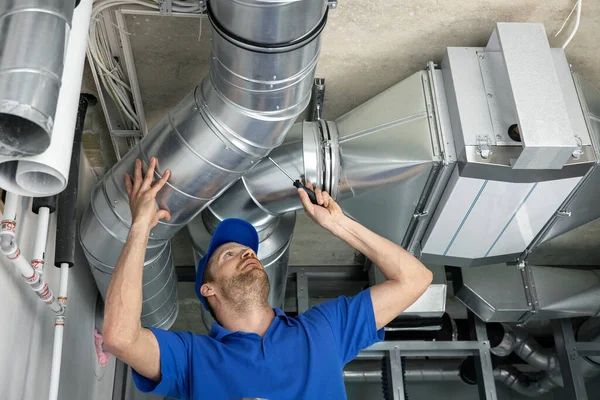Top Benefits of Switching to a Heat Pump HVAC System
As energy costs rise and environmental concerns grow, more homeowners are turning to energy-efficient solutions to heat and cool their homes. One standout technology making waves in the HVAC industry is the heat pump HVAC system. These systems offer a range of benefits that not only improve home comfort but also reduce environmental impact and utility bills.
Whether you're building a new home or replacing an outdated HVAC system, it’s worth exploring why a heat pump HVAC system might be your best choice.
Key Takeaways
- Heat pump HVAC systems offer both heating and cooling from one efficient unit, eliminating the need for separate systems.
- They are up to three times more energy-efficient than traditional HVAC solutions, saving homeowners money on utility bills.
- Reduced environmental impact makes heat pumps an eco-friendly upgrade, especially when powered by renewable energy.
- Quiet operation and cleaner indoor air make them ideal for family homes, particularly those with allergy concerns.
- Monterey Bay Heating and Cooling provides expert installation and service, ensuring your system performs at its best.
What Is a Heat Pump HVAC System?
A heat pump HVAC system is a versatile, energy-efficient alternative to traditional furnaces and air conditioners. Instead of generating heat like a gas furnace, a heat pump works by transferring heat—either pulling warmth from outside air into your home during the winter or expelling indoor heat outdoors during the summer.
There are three main types:
- Air-source heat pumps: most common and cost-effective
- Ground-source (geothermal) heat pumps: efficient and durable, but more costly
- Ductless mini-split heat pumps: ideal for homes without ductwork or for zoned heating and cooling
Top Benefits of a Heat Pump HVAC System
1. Superior Energy Efficiency
One of the most compelling benefits of a heat pump system is its high energy efficiency. Traditional HVAC systems burn fuel or use electrical resistance, both of which consume a lot of energy. In contrast, heat pumps move heat rather than generate it, using significantly less electricity.
According to the U.S. Department of Energy, modern heat pumps can deliver up to 3 times more energy than they consume. This makes them an excellent investment for homeowners looking to reduce their energy usage.
2. Lower Utility Bills
With higher efficiency comes lower monthly utility costs. Many homeowners report saving hundreds of dollars annually by switching from electric baseboard heaters, gas furnaces, or traditional central AC systems to a heat pump HVAC system.
Additionally, many states offer rebates, tax incentives, and financing programs to encourage energy-efficient upgrades—meaning you can save upfront as well.
3. Environmentally Friendly
Switching to a heat pump HVAC system is a smart choice for environmentally conscious homeowners. Because heat pumps use less electricity and don’t rely on fossil fuels, they significantly reduce greenhouse gas emissions and your carbon footprint.
In fact, if powered by renewable electricity (like solar), heat pumps can operate with near-zero emissions.
4. Heating and Cooling in One System
Heat pumps are dual-purpose, meaning they can heat and cool your home with a single system. This eliminates the need for separate heating and cooling units, saving space and simplifying your HVAC setup.
During hot summers, the system works like a high-efficiency air conditioner. During winter, it reverses to heat your home—providing year-round comfort with one convenient system.
5. Improved Indoor Air Quality
Most heat pump systems come equipped with air filtration features that help remove allergens, dust, and pollutants from your indoor air. Because they circulate air constantly, they also maintain more consistent humidity levels, reducing the risk of mold growth and respiratory issues.
This makes them an excellent choice for households with children, elderly family members, or anyone with allergies or asthma.
6. Quieter Operation
Heat pumps generally operate much more quietly than traditional furnaces or AC compressors. Outdoor units are designed to minimize noise, while indoor units operate smoothly and consistently without the loud blasts of a furnace kicking on.
This contributes to a more peaceful and pleasant home environment.
7. Long-Term Investment and Durability
Modern heat pump HVAC systems are built to last—typically 15 to 20 years with proper maintenance. Plus, they have fewer moving parts than traditional systems, which often means fewer breakdowns and lower maintenance costs.
How Monterey Bay Heating and Cooling Can Help You
If you're considering upgrading to a heat pump HVAC system in the Monterey Bay area, working with an experienced local HVAC provider is key to ensuring a seamless, efficient installation. That’s where Monterey Bay Heating and Cooling comes in.
With years of expertise serving the Central Coast, their team specializes in energy-efficient HVAC solutions, including modern heat pump installations for homes and businesses.
Why You Should Choose Monterey Bay Heating and Cooling
- Local Expertise: Monterey Bay Heating and Cooling understands the specific climate conditions and energy needs of the region, tailoring each system to perform optimally in coastal environments.
- Certified Technicians: Their licensed professionals stay updated on the latest HVAC technologies and follow industry best practices for installation, repair, and maintenance.
- Energy Efficiency Focus: They prioritize green solutions that not only improve home comfort but also reduce energy consumption and environmental impact.
- Customer Satisfaction: Their reputation for excellent service and long-term support makes them a trusted partner for HVAC upgrades throughout Monterey County and beyond.
- Top-Tier Equipment: Partnering with leading brands in HVAC technology, they ensure your heat pump HVAC system is reliable, efficient, and backed by warranty.
Whether you're replacing an outdated furnace or upgrading to a more sustainable system, Monterey Bay Heating and Cooling will guide you every step of the way.
Conclusion
Switching to a heat pump HVAC system is a smart move for any homeowner looking to enhance comfort, save money, and reduce environmental impact. These systems offer energy-efficient performance, dual heating and cooling capabilities, and long-term reliability.
With expert installation from a trusted provider like
Monterey Bay Heating and Cooling, you can rest assured your home will be comfortable all year long, without high energy costs or environmental guilt.
Frequently Asked Questions
What is the average lifespan of a heat pump HVAC system?
A quality heat pump can last 15 to 20 years with regular maintenance. Some modern systems may even surpass that with newer technology and professional care.
Do heat pumps work well in colder climates?
Yes, modern cold-climate heat pumps are designed to work efficiently even in temperatures below freezing. However, performance can depend on the model, insulation, and overall system design.
How often should a heat pump be serviced?
For optimal performance, a heat pump should be serviced at least once per year. Regular maintenance helps ensure energy efficiency, extends system lifespan, and prevents costly repairs.
Can I install a heat pump in an older home?
Absolutely. Heat pumps are compatible with many home types, including older structures. A professional assessment can help determine whether ductless mini-split systems or ducted options are best for your space.
Are there rebates or incentives for switching to a heat pump?
Yes. Many local utilities, state programs, and even federal tax incentives are available for upgrading to an energy-efficient heat pump HVAC system. Monterey Bay Heating and Cooling can help you navigate these opportunities and maximize savings.

